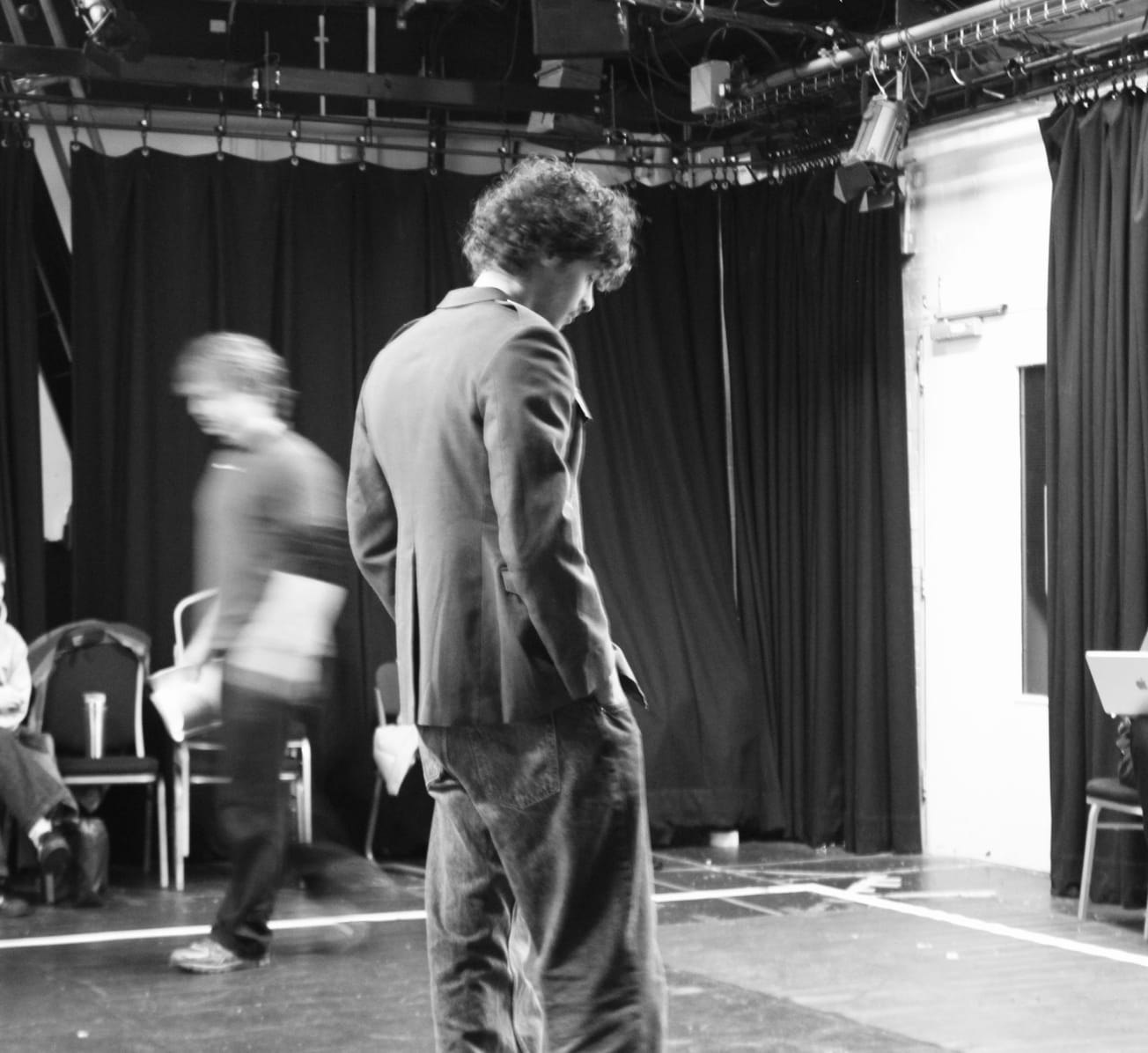Film & TV Editor Charlie Gearon and Co-Editors in Chief Alex Boulton and Noa Leach break the ice to talk Epigreen dissertations.
Alex Boulton, Co-Editor in Chief (History)
My dissertation is how Life magazine, one of the most famous American photojournalism magazines, reported on and photographed the growing environmental movement of the 1960s. Throughout my degree, my main interests have been the history of the media, environmentalism and 1960s America, so I was keen to incorporate all of them into my final piece of coursework.
The ‘environment’ wasn’t a concept before the 1960s. Events of the decade are credited with bringing an environmental consciousness to America, such as Rachel Carson’s Silent Spring (1962), the Santa Barbara Oil spill (1969) and Paul Ehrlich’s Population Bomb (1968). Americans increasingly became concerned with pollution and population growth, and a series of legislation from Presidents Johnson and Nixon soon followed.
'the 'environment' wasn't a concept before the 1960s'
The aim of my dissertation is to assess how Life reported on these crucial developments. It ultimately argues that it is flawed in its presentation of the environment, prioritising white middle class concerns and ignoring questions surrounding environmental injustice.
Today is Groundhog Day! Let's take a moment to praise the often-maligned and largely misunderstood marmot https://t.co/8tp7wLqdqc pic.twitter.com/yNkIJsMxJn
— LIFE (@LIFE) February 2, 2018
Charlie Gearon, Film & TV editor (English)
My dissertation was entitled 'Sexing Nature: The Feminisation of the Environment in Thoreau and Hemingway'. The main reason behind my decision to write on this was an interest in the idea of ecofeminism. Essentially, ecofeminism looks at the intersection between the oppression of women and the oppression of nature. The theory goes that, historically, nature has always been regarded as feminine. That might sound a little outlandish, but if you stop to think about it, it makes a lot of sense. The language we use to describe the environment is, generally, feminine; Western literature has long since referred to the environment as ‘Mother Earth’ or ‘Mother Nature’, a nurturing, fertile presence who gives us life and sustains us.
Your drone isn't welcome here, human https://t.co/Zrlko5jjVP pic.twitter.com/Ea3taoCUg8
— MotherNatureNetwork (@MotherNatureNet) March 2, 2018
The danger in viewing nature as female is that, owing to Western society’s historical androcentrism, the environment will be viewed as lesser than the human, cultural world which has predominantly been associated with men. Some contemporary ecofeminists attempt to solve this problem by rejecting the woman-nature link. Others embrace the femininity of nature, but deny that this needs to be a source of oppression.
'the language we use to describe the environment is, generally, feminine; Western literature has long since referred to the environment as "Mother Earth" or "Mother Nature"'
Either way, the debate is a fascinating one, and once you do a little digging, it’s fairly remarkable how widespread the issue is, and how ingrained our conception of the environment as feminine is.
Noa Leach, Co-Editor in Chief (English)
I study English, but I have always had a deep affinity in both my personal and academic lives with wildlife, nature, and the environment. I am still in the reading stages of my dissertation now, but I am planning on focusing on Darwin’s legacy in literature by conducting eco-critical readings of D. H. Lawrence and Thomas Hardy.
I am interested in how the use of anthropocentrism in fictional and non-fictional writing paradoxically both joins and separates humans from their environment. This also includes an exploration of ecofeminism, where the use of the ‘woman’ in literature as either a Mother Earth or Eve figure can be either helpful or detrimental to understandings of both women and nature.
'people don’t want to be blamed for things they have inadvertently done wrong, but rather feel positive in making choices that will benefit them'
I am particularly interested in how arts and sciences can combine to communicate conservation issues, as ‘science’ is often inaccessible to many audiences. This is something that I wish to continue after university, and which I think may be most successfully achieved through the use of entertainment; people don’t want to be blamed for things they have inadvertently done wrong, but rather feel positive in making choices that will benefit them.
Lovely visit earlier to the cottage of @ThomasHardyPoet pic.twitter.com/C3PT5wMCTB
— Rebecca Jeggo (@Jeggggo) July 12, 2017
Featured image: Unsplash / Quentin REY.
What do you think of these environmental dissertation ideas? Let us know in the comments below or on social media.









